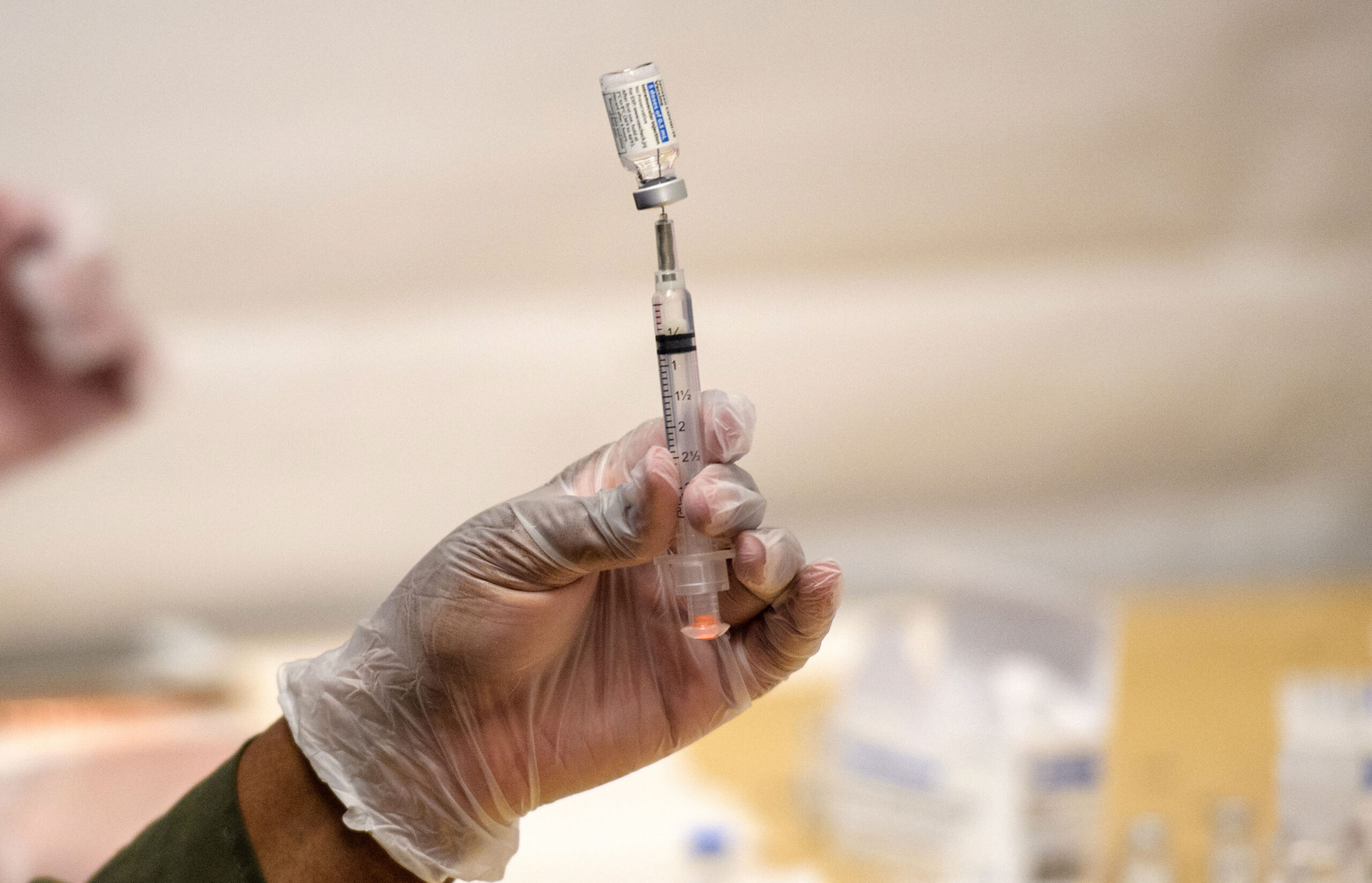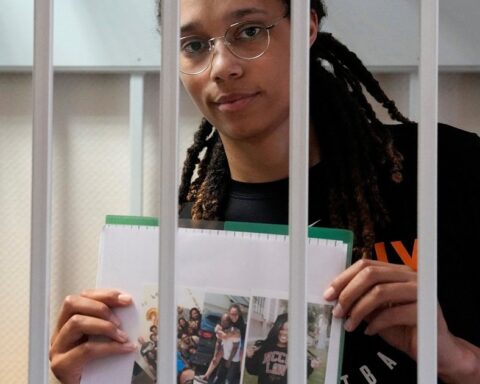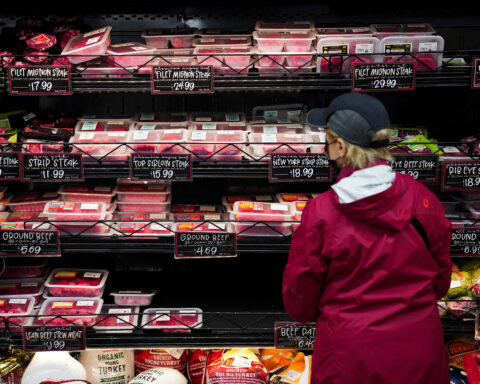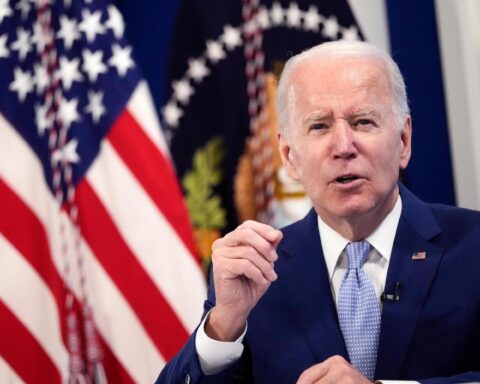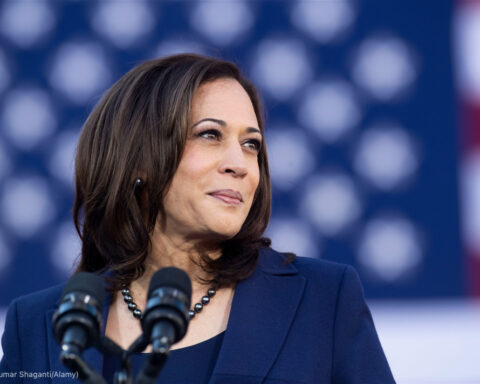The Biden administration on Wednesday announced a new deal it brokered with Johnson & Johnson and the global vaccination program called Covid-19 Vaccines Global Access, or COVAX, to provide J&J’s Covid-19 vaccine to people in conflict zones and other humanitarian settings where government vaccine campaigns cannot reach.
“We’re eager for people in these difficult circumstances to get protection against Covid-19 as soon as possible,” Secretary of State Antony Blinken said at a Covid-19 event.
Prior to this agreement, J&J’s vaccine doses could only be used in official vaccination programs run by other governments.
The Johnson & Johnson vaccine is highly valued in these areas because of its single-dose vaccination style and flexibility in storage and transport.
Blinken also announced “a new public-private partnership called the Global Covid Corps,” in which private sector companies “will work pro-bono to share their expertise and capabilities to support vaccination campaigns, taking on issues like managing supply chains, and helping optimize vaccine sites to deliver shots as quickly and safely as possible.”
Blinken said that the International Monetary Fund, the World Health Organization, the World Trade Organization, the World Bank and the ACT Accelerator “have created a comprehensive Covid data tracker,” to chart information on vaccination rates, ICU admissions, doses pledged and doses delivered.
The top US diplomat said the tracker, which is launching Wednesday, will provide transparency and accountability.
“We’re stuck in a cycle of spending lots of money when a crisis hits, and then letting that funding dry up after the crisis is over, which means we fail to stop the next one from happening or have to play catch up,” he said, calling on his fellow diplomats “to help build and sustain the political will to break that cycle.”
“We know the urgency of this fight. We know what we need to do to stop the pandemic. Now, we’ve got to do it,” Blinken said.
The ministerial event was attended by the Chinese Ambassador to the US as well as representatives from Germany, Italy, South Korea, India, South Africa, Peru, Norway, Indonesia, the WHO and the UN, among others.
Blinken’s announcement on Wednesday comes as Biden looks to reassert US leadership on the world stage and help countries struggling with Covid-19 outbreaks combat the pandemic. The vaccine donations will also serve to counter efforts by Russia and China to use their own state-funded vaccines to expand their global influence.
Biden has said he wants America to be an “arsenal of vaccines” in the fight against Covid-19. He has repeatedly stressed there are no strings attached with accepting the US-bought vaccines.
Biden announced last month the US was purchasing an additional 500 million Pfizer Covid-19 vaccines to donate to low- and lower-middle-income countries around the world, bringing the total number of vaccines the US has pledged to donate to more than 1 billion.
These vaccines will be distributed through COVAX, which is an initiative led by Gavi, the Vaccine Alliance, along with the World Health Organization and the Coalition for Epidemic Preparedness Innovations.
Distributing vaccines globally has been a complex undertaking for the Biden administration. White House coronavirus response coordinator Jeff Zients and national security adviser Jake Sullivan have worked with multiple federal agencies, including the Defense Department and State Department, to coordinate the process and maintain that the doses are delivered without strings attached.
The President has also called on other world leaders to increase their vaccine donations to countries that need them the most to help end the pandemic.
The President has also said $2 billion in US contributions would go toward a global coronavirus vaccine initiative and would provide support to COVAX. He also pledged an additional $2 billion in funding contingent on contributions from other nations and dose delivery targets being met.

